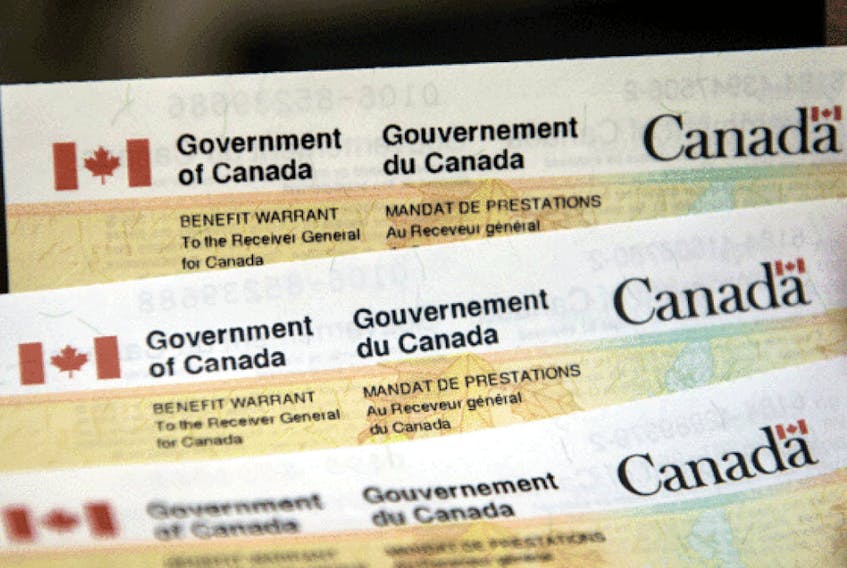By Jonathan Bradley
Canadians are split over whether the federal government should shut down the Canada Emergency Response Benefit (CERB), according to a poll conducted by Maru/BLUE.
Forty-eight per cent of total respondents said the government needs to reduce spending by shutting down CERB regardless of what the impact might be on people.
While 52 per cent of respondents oppose shutting down CERB, the poll found there is a huge difference among the provinces.
Those who believe it is time to shut down CERB come from Quebec (57 per cent) followed by Alberta (52 per cent) and British Columbia (51 per cent).
However, a huge majority (80 per cent) of people in Ontario were against ending the benefit followed by Manitoba/Saskatchewan (61 per cent), and Atlantic Canada (55 per cent).
CERB provides up to $2,000 per month for self-employed and employed Canadians who have lost work because of COVID-19.
John Wright, the executive vice president at Maru/BLUE, said people from Quebec support shutting down CERB since they are the most enthusiastic about reopening the economy, putting kids back in school, and shopping.
Wright said there needs to be more discussion about restarting the economy.
“There’s a lot of enthusiasm for opening the economy, getting people back to work, having people with full-time pay, and have less debt for the country, but the circumstances are looking for adequate safeguards and transitions,” said Wright. “I don’t think we’ve had that discussion about what you do with people, because if you remove a net and all there is is a floor, there’s going to be a lot of broken bones.”
Finance Minister Bill Morneau released a fiscal snapshot of government spending about two weeks ago after pressure from opposition parties. The fiscal snapshot revealed the total cost of federal financial support programs was $212 billion, and credit and liquidity support was $686 billion.
The Canadian government is expected to post a $343 billion deficit in 2021 as COVID-19 spending continues to increase. The increasing deficit is because of higher projected spending under the Canada Emergency Wage Subsidy and CERB.
Canada’s total debt is projected to reach $1.06 trillion in 2021.
The poll found 76 per cent of respondents are very concerned with the impact of the debt in the long term for young people.
There’s an acknowledgement of a majority of people in this country that the deficit and the debt are going to likely have a long term impact
The people who are the most likely to be concerned are from Alberta (80 per cent), followed by people from Manitoba, Saskatchewan, and Atlantic Canada (77 per cent), Quebec and Ontario (76 per cent), and British Columbia (72 per cent).
Seventy-four per cent of respondents are also deeply worried about how the deficit and debt will affect their taxes. The people who are the most likely to hold this opinion were from Atlantic Canada (77 per cent), followed by Alberta, Manitoba, and Saskatchewan (76 per cent), British Columbia (75 per cent), Quebec (73 per cent), and Ontario (72 per cent).
Wright said people care about the deficit and debt increasing.
“A lot of people are really focused on their own personal circumstances to be terribly focused on whether the debt is big or small, and it matters at the moment” said Wright. “There’s an acknowledgement of a majority of people in this country that the deficit and the debt are going to likely have a long term impact on our next generation and on their own taxes.”
The poll found 60 per cent of respondents are more focused on surviving today than worrying about the size of the deficit. Twenty-one per cent of them said if they did not continue to receive COVID-19-related money from the government, they could lose their home.
The poll was conducted among 1,420 randomly selected Canadian adults in English and French who are members of Maru/BLUE’s online panel July 10 to 13 and is considered accurate within +/- 3.5 per cent.
Copyright Postmedia Network Inc., 2020









